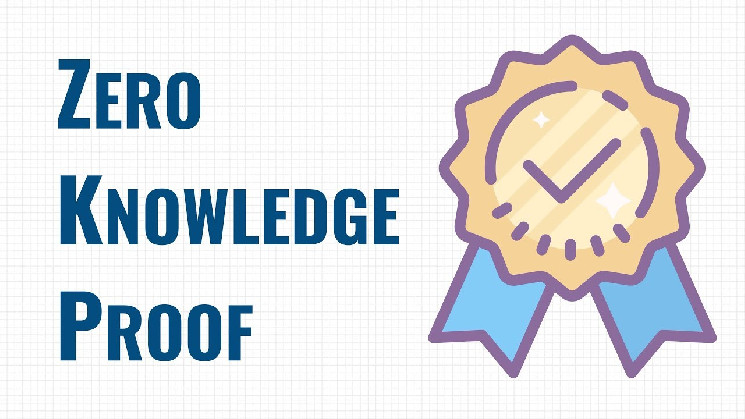- Analyst Brian Fakhoury has shared a thread on Twitter sharing some insights on his take on Zero-knowledge proofs.
- Fakhoury shared an example of how a diploma can get generalized to become a ‘receipt,’ as proof of validity.
- The analyst said, “ZKPs can be considered to be virtual computers, similar to high-level language interpreters.”
Brian Fakhoury, venture and research executive at Mechanism Capital, posted a thread on Twitter sharing some insights on Zero-knowledge proofs (ZKPs). Fakhoury insisted that people like Vitalik Buterin have already publicly commented that they are probably on par with blockchain in terms of ideological importance.
🧵 The logical conclusion of zero knowledge computation.
Zero-knowledge proofs (ZKPs) are an absurd technological breakthrough, and people like @VitalikButerin have publicly commented that they're likely on par with blockchains in terms of ideological importance for this decade.
— Brian Fakhoury (@brianfakhoury) December 11, 2022
Fakhoury highlighted the capability of ZKPs. He states that the ZKPs can be majorly split into two superpowers, namely, compression and privacy. Fakhoury says that either side of the technology is incredibly critical.
He turned the applications of ZKPs into a fable adding that in case one considers compression like getting a college degree, the graduation diploma that is issued by an “accredited” university might work as a form of proof.
The graduated person can convince a third party that they have already been for many years of academic training. Instead of showing the third party dozens of syllabi and exam scores, the diploma works as a source of compact proof.
Moreover, the diploma used in the example can be generalized to become a “receipt,” which is proof of validity that something happened. A verifier risks the danger of being duped by a bogus proof in case a ZKP is not fully math based when it comes to computers (there is no human trust).
Every zero-knowledge proof network has its specialized circuit language. As a result, the ZKPs can be considered virtual computers, similar to smart contract platforms, high-level language interpreters, operating system emulators, and a lot more.
Fakhoury also explained how critical it is to examine the proof system language concerning the high-level human programmer language in case the users consider ZKPs to work as virtual computers.
While concluding this thread Fakhoury added, logically, the puck is gradually moving toward ZKP networks, which communicate like that of a normal computer and can therefore be directly programmed by anybody familiar with Compiled languages.
“I’ll make an effort to analyze the many consequences that this has.”
 cryptovibes.com
cryptovibes.com
